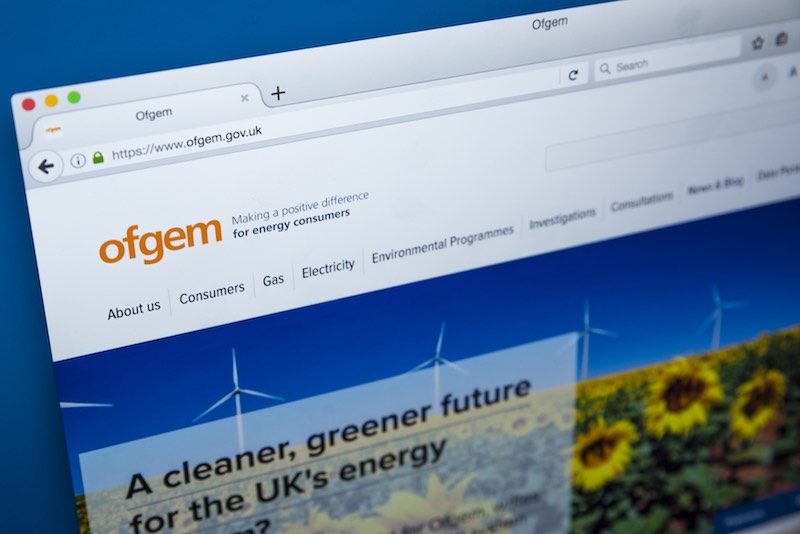Good Energy Tops Ofgem’s Naughty List

Renewable supplier Good Energy performed worst of all suppliers in fulfilling its social and environmental obligations last year, according to Ofgem.
The regulator’s annual Supplier Performance Report tallies incidents of non-compliance with a range of obligations: Feed-in Tariffs, Energy Company Obligation, Warm Home Discount, Renewables Obligation, Offtaker of Last Resort and Fuel Mix Disclosure. It rates incidents of non-compliance from one to four, with four indicating the most serious violation.
Ofgem said that “energy suppliers generally meet their overriding obligations across the schemes.” Most violations were minor and “administrative,” including failing to meet a deadline or submitting inaccurate data. However, resolving even minor problems takes times and resources for both the regulator and the suppliers. Serious violations could include failure to make a scheme obligation payment and are referred to the Ofgem’s enforcement team.
Good Energy topped the list of the poor performers, incurring 48 points for violations of its obligation to support the Feed-in Tariff scheme. This included 44 minor violations, earning scores of one, and one serious infraction, earning a score of four. The green supplier also topped the table of the ignominious last year, for similar failures with the FIT scheme.
That news will be alarming for Good Energy, which last year indicated that it intends to shift away from the domestic energy supply market in the next few years in order to focus on that Feed-in Tariff business and its commercial energy arm.
The Feed-in Tariff scheme seemed to be the trickiest obligation for suppliers, with top offenders and Big Six suppliers E.ON, Scottish Power and British Gas also dinged for non-compliance under the scheme.
Under the Feed-in Tariff scheme, energy suppliers pay ordinary energy customers for the renewable electricity they generate at home. The scheme closed to new applicants last April but existing generators continue to receive payments. It’s since been replaced by the Smart Export Guarantee.
Other suppliers, including Hudson Energy and Planet 9 Energy, were found to be non-compliant with their Renewables Obligation, which supports the generation of clean energy.
The RO has been troublesome for the industry as a whole, with 42 suppliers last year failing to present Renewables Obligation Certificates (ROCs) to demonstrate they had sourced enough renewable power or pay into the buyout fund by the deadline. Several suppliers were hit with final orders for non-payment and GnERGY, Breeze Energy and Toto Energy subsequently fell into administration over the debt.
Meanwhile, Green Star Energy earned Ofgem disapproval for non-compliance with the Energy Company Obligation, which requires suppliers held customers in fuel poverty upgrade the efficiency of their homes, and the Warm Home Discount, which gives pensioners and those on some benefits discounts on their winter fuel bills.
Ofgem said it would work with suppliers to improve their performance and “where there is a commonality that can be traced back to us, we will work with suppliers to improve our guidance to them.”
The regulator expects suppliers to “improve and deliver the schemes more efficiently” in the future.
Read on our blog

With the government poised to implement tough new measures to...

Budget broadband provider TalkTalk has been notifying customers via email...

A year-long investigation by charity Citizens Advice has revealed a...

Education Secretary Nadhim Zahawi has announced a new commitment to...
